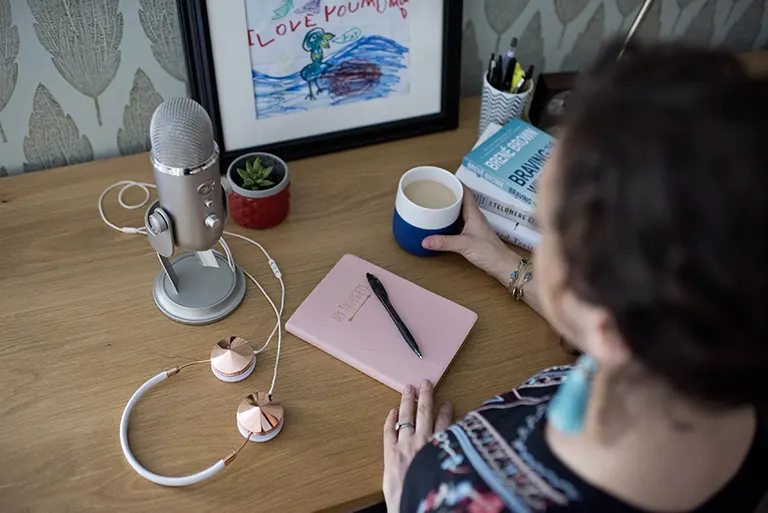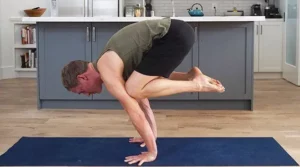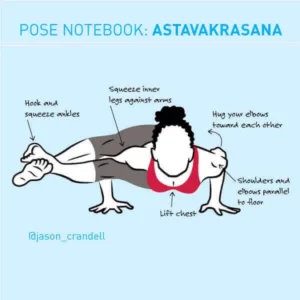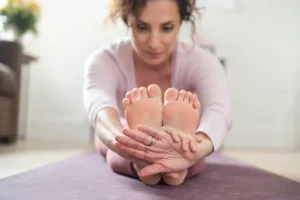This post comes to you from a student, Zethyn McKinley, who took Content Blueprint for Yoga Teachers. She posted it in our private Facebook group and I thought it was so great, I asked if I could share it with all of you! Here goes:
How to Copyedit Your Own Yoga Blog Content
I still believe in the value of someone else reading your work but that isn’t always feasible, so I thought would share my post with you in case you were interested and I will add it to my calendar to put on my blog.
Create a style guide
This is a digital or paper document that lists your style preferences. Editors use a style guide to enforce consistency within and between posts and content. Creating a style guide might be something that happens over time, as you notice that you like certain things a certain way. Take your time but keep a running list of items as you notice them.
Here are some examples of things you can to include:
Style for post or video titles — do you prefer that each word is capitalized in a title? Or just the first word? The former is called Title Case, the latter is called Sentence Case.
What’s your preferred use of commas?A serial comma (used in Oxford Style) is when you use a comma before the word “and” in a series of three or more. This is typically preferred. But some outlets choose to omit a comma in a series, like the Associated Press (AP style).
Will you capitalize the names of asanas? How about styles of yoga?
Verify your heading style
Once you have decided on how to capitalize your headings, make sure each one follows the appropriate style. Each heading level (H1, H2, H3…) can have a different style if you want, just make sure you follow your choice consistently.
Enforce your pose naming conventions
Naming conventions are particularly important in yoga because there are various ways to spell or present the same pose, so verify that you are consistent. Also, consider whether you will use English, Sanskrit, or both.
For example, which would you choose: Baddha Konasana, Bound Angle Pose, or Butterfly Pose? Or baddha konasana, bound angle pose, or butterfly pose?
Check your use of pronouns
Pronouns are words used in place of people, places, or things (for example, it, that, this, those). When discussing a pose make sure that readers are clear about what you are referring to. For example, if you say, “Lower your hands toward the floor. It could feel tight,” readers or listeners may not know what “it” refers to.
Check your punctuation marks
Make sure that your punctuation follows your style preferences. This is particularly problematic with quotations and dashes. Differences between British and American English styles can cause inconsistencies. For example, will you be using single (‘ ’) or double (“ ”) quote marks, and when using dashes to add additional information will you use a space en dash space (this is – an example) or an em dash (this is—an example)? Neither option is wrong, but make sure you are consistent.
Doublecheck your quotations and attributions
If you quote someone, cite something, or use a photo that needs a credit, make sure these are all accurate. You need to properly cite your sources and have permission to use certain materials/assets like photos or logos. Making sure these are correct could save you some embarrassment or legal trouble.
Spend extra time on content that isn’t the main text
This includes things like captions, headings, or tags. Typically, people spend less time on these areas and pull them together at the end.
Zethyn McKinley is a California-based editor and publishing consultant. She has been practicing yoga daily for 10 years and is an RYT 200. In 2017 she launched 360 Yoga, which offers corporate, community, and kids yoga classes in California’s Central Valley.



